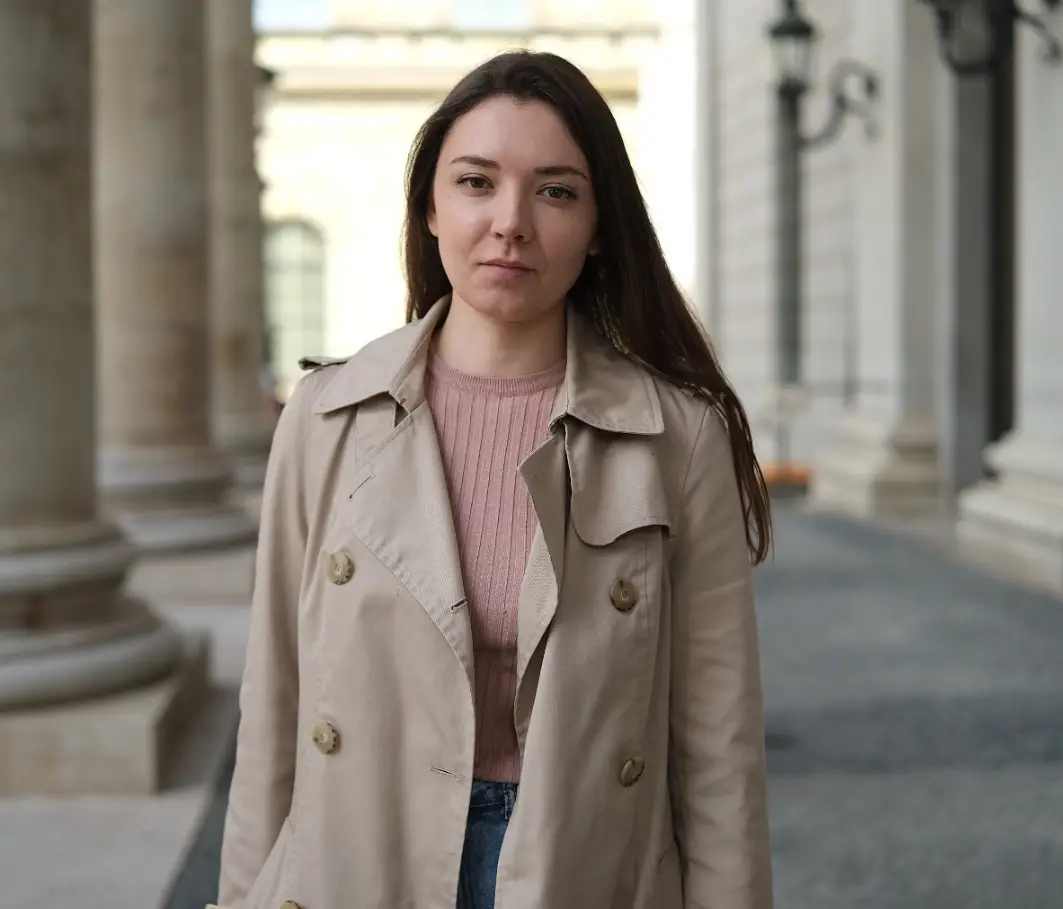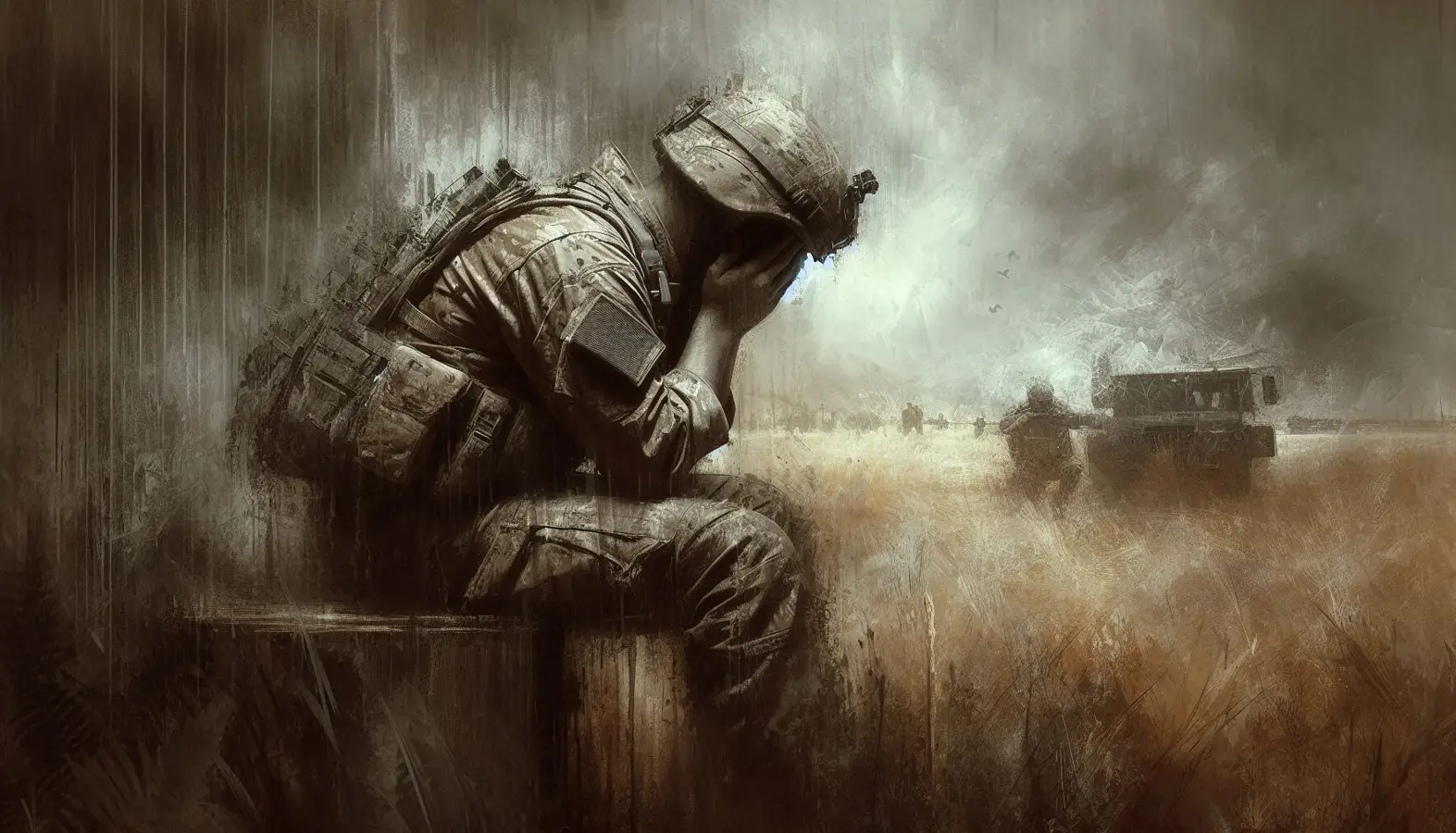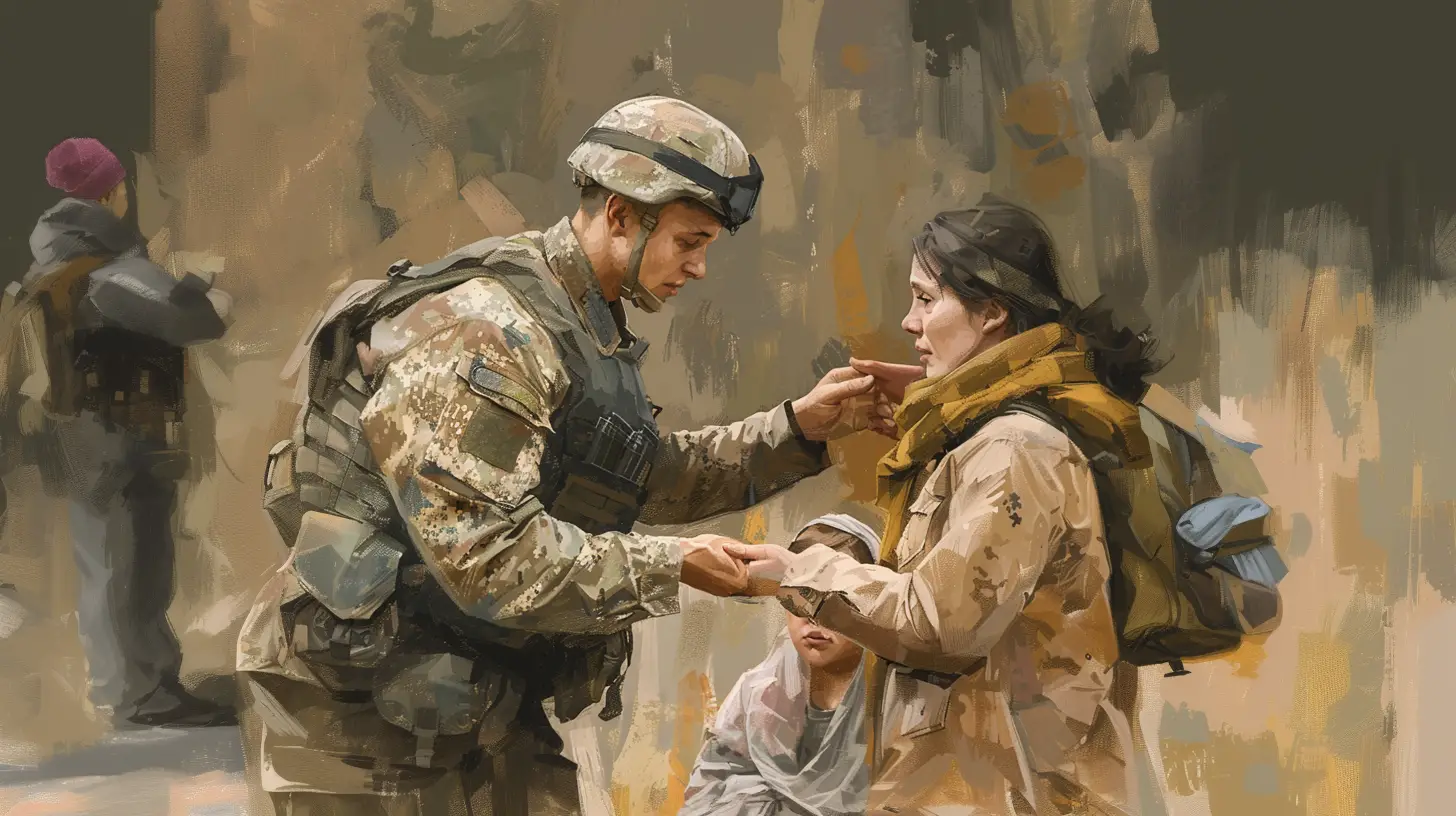How do you talk to veterans about their combat experiences without pressure?

Returning from war is a difficult process for veterans and their loved ones. It is often difficult for the family to find the right approach to support the veteran without causing additional pain. Here are a few principles to help with this.
Listen without judgment or pressure
When a veteran or veteran woman is ready to share experiences, it is critical to listen without imposing your own feelings and reactions. In such moments, it is important to accept the person's feelings without judgment or advice, allowing them to speak up and live out their emotions at their own pace.
Don't focus on shocking details
Questions about the details of combat experiences can be a trigger for veterans. Instead, it's better to find out how he or she is feeling now, which helps manage emotions. This way, you can focus on the present state without painful flashbacks to the past, creating support instead of re-living the trauma.
Create a psychologically safe environment
It is important for veterans to feel in control of what and when they talk. Saying, “I'm here if you want to talk” helps create a safe space where the veteran determines the rhythm of communication that is comfortable for him or her.
Support, not advice
Every veteran and veteran women have unique experiences, so universal advice doesn't always work. Instead of offering ready-made solutions, it's better to ask, “What do you think is the best way out?” or “What can I do to help you right now?” This increases the veteran's control over the situation and helps identify his/her needs.
Help through the structure and support of the day
Traumatic experiences often disrupt time perception, and veterans may not have a sense of the future, which contributes to depression. Therefore, it is important to discuss weekly or monthly plans that provide a sense of the future and engage the veteran in meaningful activities. Simple routines, such as eating dinner together or watching movies, create a sense of stability and security. It is important that these routine moments be enjoyable and soothing.
Self-help techniques for veterans
Support goes beyond just talking. Remind the veteran of self-regulation techniques: breathing exercises, meditation, or physical activity can be helpful in reducing stress and controlling emotions. These simple techniques support recovery and improve well-being.
Self-education
Having a deep understanding of the changes veterans are experiencing helps build a stronger bond. Studying reliable literature together helps to better understand the challenges of adaptation and prepare to live together in the face of new realities. Books such as Dave Grossman's "On Combat, The Psychology and Physiology of Deadly Conflict in War and in Peace", Charles Hoge's "Once a Warrior, Always a Warrior", or Sebastian Junger's "The Tribe" reveal the specifics of the military experience and the complexities that come along the path of adaptation.
Community
Involving veterans in group activities with other veterans can be an important part of their reintegration. Sharing experiences together brings them closer together, makes them feel understood without being told, and strengthens their sense of support. For many veterans, socializing with others who share similar experiences allows them to better adapt to new realities. Participating in group activities or therapy sessions with other veterans can help reduce feelings of isolation and ease emotional burdens that are not always easy to share with loved ones without military experience.
Summary
Talking to veterans after their difficult experiences is like making a new acquaintance. Old perceptions of the person can create tension and hinder understanding. Each family member should be prepared for the fact that the veteran may change, and this reintegration process takes time, patience, and openness to new experiences. The best support is to allow yourself and the veteran to gradually explore this challenging journey, adapting and creating a comfortable environment for all where everyone can live with this experience in peace and mutual respect.
This time, psychologist Anna Tykhomyrova, from Kyiv, shared her advice. She works in the areas of cognitive-behavioral therapy as the main one, and additionally integrates elements from other areas: body-oriented, depth and emotional-imagery therapy. She helps with depression, anxiety disorders, psychologically traumatic experiences, and interpersonal conflicts. Anna has a master's degree in psychology and 5 years of experience.
YouTube: https://www.youtube.com/@tykhomyrova
Telegram: @tykhomyrova
E-mail: [email protected]
And we remind you that this is a social project from DailyHubNews: “Psychological support for veterans: understanding and helping them after returning from a war zone”
We are an international publication of DailyHub.News, which publishes content in four languages, initiating an important social project called “Psychological support for veterans: understanding and helping after returning from a combat zone”. Through this project, we aim to raise public awareness of the importance of supporting veterans who are returning from combat. Military conflicts leave deep psychological wounds, and community support is key to the successful rehabilitation of military personnel. Creating a supportive environment for these people is of global importance, and our project aims to facilitate this both in Ukraine and other countries. DailyHub.News provides a platform for professional advice and expert opinions from psychologists to help society better understand the needs of veterans and provide them with appropriate support. We hope that this material will become a valuable resource for those seeking to help our defenders.














